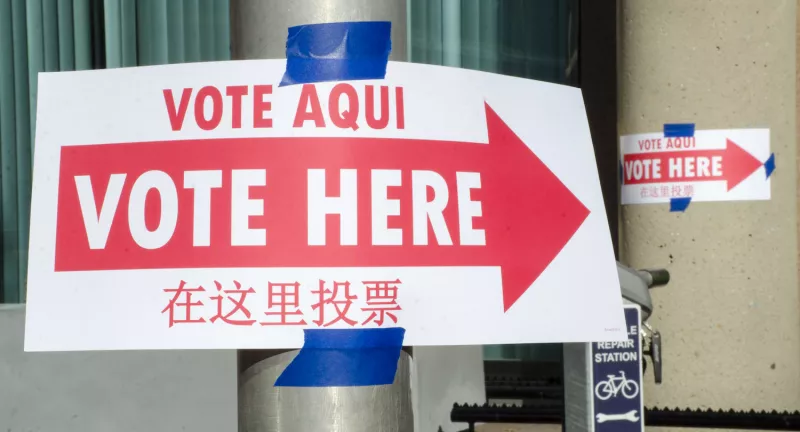Twitter/X
Academic Research
-
Journal Article
Labeling Social Media Posts: Does Showing Coders Multimodal Content Produce Better Human Annotation, and a Better Machine Classifier?
Political Science Research and Methods, 2025
-
Journal Article
Bottom Up? Top Down? Determinants of Issue-Attention in State Politics
The Journal of Politics, 2025
Who shapes the issue-attention cycle of state legislators? Although state governments make critical policy decisions, data and methodological constraints have limited researchers’ ability to study state-level agenda setting. For this paper, we collect more than 122 million Twitter messages sent by state and national actors in 2018 and 2021. We then employ supervised machine learning and time series techniques to study how the issue-attention of state lawmakers evolves vis-à-vis various local- and national-level actors. Our findings suggest that state legislators operate at the confluence of national and local influences. In line with arguments highlighting the nationalization of state politics, we find that state legislators are consistently responsive to policy debates among members of Congress. However, despite growing nationalization concerns, we also find strong evidence of issue responsiveness by legislators to members of the public in their states and moderate responsiveness to regional media sources.
Reports & Analysis
-
Analysis
Latinos Who Use Spanish-Language Social Media Get More Misinformation
That could affect their votes — and their safety from covid-19.
November 8, 2022
-
Analysis
Gender-Based Online Violence Spikes After Prominent Media Attacks
Our research finds that after a prominent male media personality targets a female journalist, the prevalence of hateful speech targeting those journalists increases in the immediate aftermath, often taking days to decrease.
January 26, 2022
News & Commentary
-
Policy
Comments on Ofcom’s Call for Evidence on Researcher Access
We responded to Ofcom’s public request for evidence on researcher access to online service data for safety research, highlighting barriers researchers face when accessing social media data, the challenges of limited information sharing, potential ways to improve data access, and examples of robust data-sharing practices.
July 26, 2025
-
News
How Do State Lawmakers Decide What to Prioritize?
New research reveals state legislators respond to both local constituents and national politicians when setting their policy agendas, with stronger influence from politically engaged partisans within their states.
April 21, 2025



